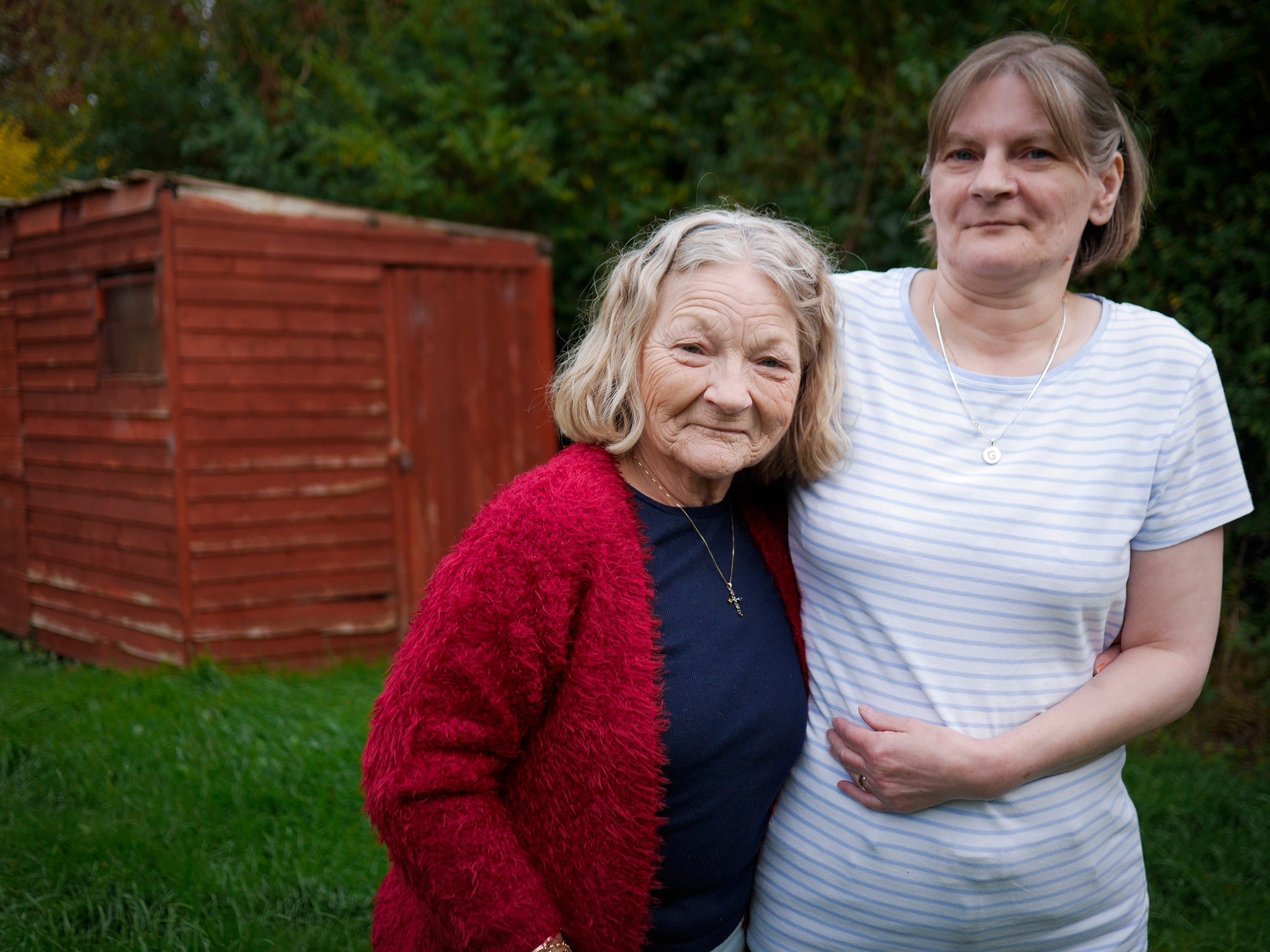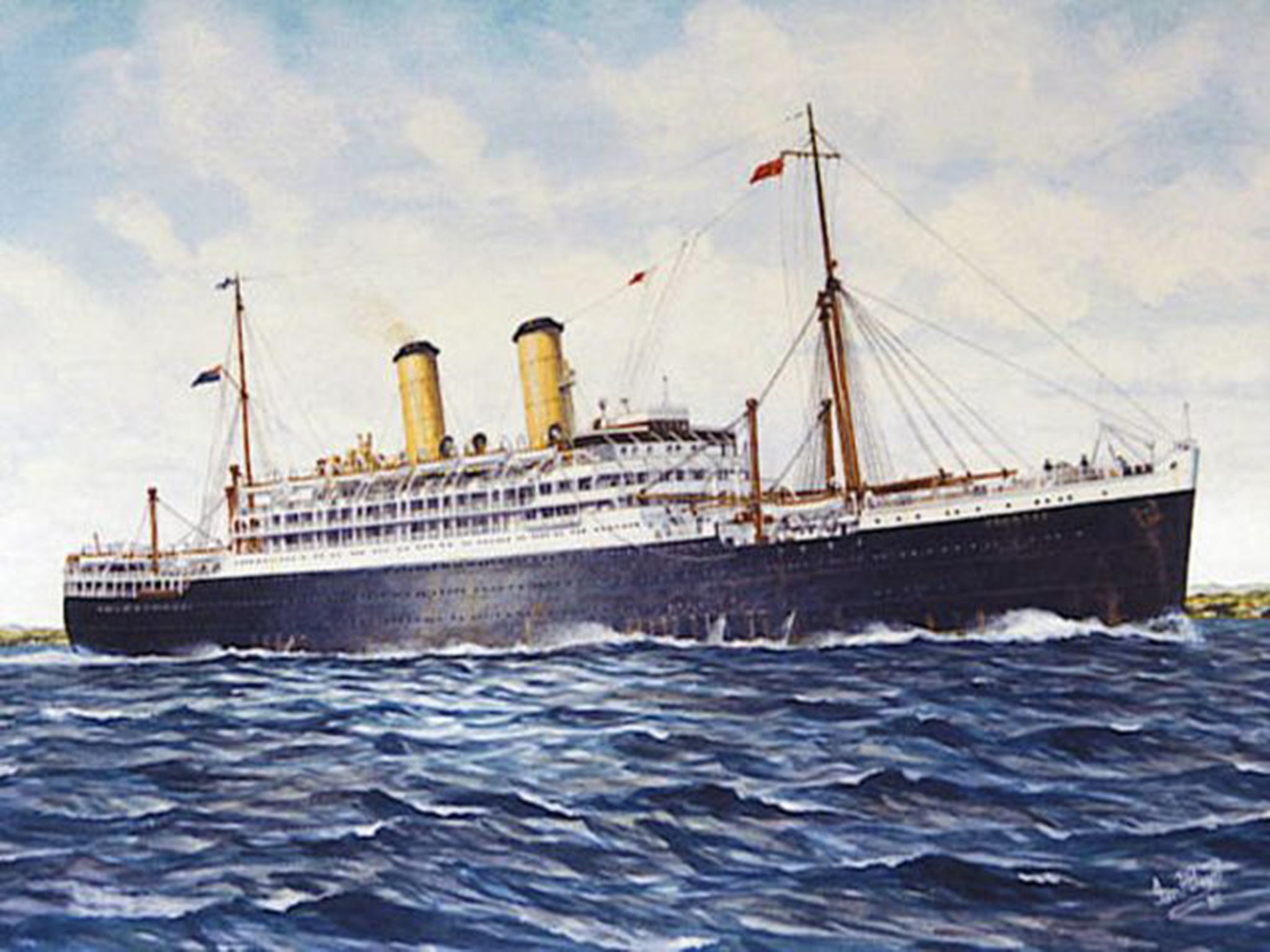Britain's child migrants: Demand for judicial inquiry over decision to force thousands of children to live abroad
Many sent from UK orphanages to populate former colonies were abused and never knew their families - Gordon Brown apologised but survivors want more

Your support helps us to tell the story
From reproductive rights to climate change to Big Tech, The Independent is on the ground when the story is developing. Whether it's investigating the financials of Elon Musk's pro-Trump PAC or producing our latest documentary, 'The A Word', which shines a light on the American women fighting for reproductive rights, we know how important it is to parse out the facts from the messaging.
At such a critical moment in US history, we need reporters on the ground. Your donation allows us to keep sending journalists to speak to both sides of the story.
The Independent is trusted by Americans across the entire political spectrum. And unlike many other quality news outlets, we choose not to lock Americans out of our reporting and analysis with paywalls. We believe quality journalism should be available to everyone, paid for by those who can afford it.
Your support makes all the difference.Gloria Walker was eight when she started wondering why her next-door neighbour kept calling her Maureen. Her mother, Joyce, told her that it was the name of her older sister, whose existence had never previously been mentioned. “She went away to Australia,” her mother said.
A fortnight ago, at the age of 57, Gloria met her sister for the first time. Maureen Shaw was one of an estimated 10,000 British children sent to Australia between 1947 and 1967, often against the will of their parents, under a post-war plan to empty UK orphanages and repopulate the former colonies with “good white stock”. Most of these so-called “child migrants” have since died, but around 2,000 are still alive.
Maureen contacted The Independent to tell the story of her family reunion after reading about a new exhibition at the V&A Museum of Childhood in east London, attended by other child migrants. Many still deeply resent what happened to them and want the British Government to open a full judicial inquiry.
Maureen is one of them. Now 67, her first memory is of playing with a sailor doll on board the Orontes, the ship which took her to Australia in December 1953 at the age of five. She spent her childhood in a Catholic orphanage in the suburbs of Melbourne and was later fostered by a local family before marrying at 22. For the first 30 years of her life, she had no idea where she was born or who her parents were.
“All my life I had felt very lonely, because I’ve never had a family,” she said. “My foster parents were nice people, but I was never their child. I didn’t belong. I’ve never belonged anywhere, even when I got married. I felt like I didn’t really know who I was. Most children grow up in a family, knowing ‘that’s my mum, that’s my dad, that’s my brother and sister’. They belong there, they’re part of that unit. I never had that.”

After finding she was a child migrant, she researched her family history, discovering that she was from Preston. Using an international phone directory, she tracked down her father. At their eventual meeting he was obstructive, but he did tell her she had been born out of wedlock and that Joyce had given her to Nazareth House, a Catholic children’s home in Newcastle, when she was two and a half.
The circumstances which led to her being sent to Australia are unclear, and Nazareth House closed in 1996. But according to her father, Joyce had only planned to leave her in care until she got a job and a place to live. When she returned to collect her, she was told her daughter had been “adopted”.
“They tore my family apart,” Maureen said. “I should’ve been raised with my sister. My mother asked them to look after me until she could, and they betrayed her. They took me away. They had no right to do that – no one had.”
Maureen never met her mother, who died in her 50s. She did not know her sister Gloria existed until three years ago, when she contacted the Child Migrants Trust (CMT), that has reunited hundreds of families since 1987.
The charity’s team traced Maureen’s remaining family to the village of Throckley, west of Newcastle, and wrote to them. “As soon as I heard the word ‘Australia’ I knew who they were on about,” said Gloria. “I was a bit in shock, it took so long. But now, it feels like we’ve never been apart.”
For Maureen, the meeting was difficult. “I cried to begin with,” she said. “I got quite a shock, because even though we’d been speaking to each other on the phone, I didn’t realise we would just click straight away. We’re sisters, there’s no denying the connection. We’ve grown up on opposite sides of the world but we’ve so much in common.”
Although the pair have different fathers, Gloria was able to tell Maureen more about her mother Joyce. “I saw a photo of her, it was like looking in the mirror,” said Maureen. “I thought: ‘She looks so determined, a real fighter’. I guess that’s what I’ve been all my life, I’ve had to be a fighter. If it hadn’t been for my mother in my genes, I would’ve thrown in the towel.”
The route to the sisters’ reunion was smoothed by the Family Restoration Fund, administered by the CMT but set up by the UK Government to cover families’ travel costs following the official apology to child migrants in 2010.
Maureen believes the UK and Australian governments should mount an investigation into the policy, which resulted in many children being physically and sexually abused in overseas care homes. Maureen was locked in a cupboard and still suffers from claustrophobia and panic attacks.
When the time came to return to Australia after two weeks in Throckley with her new relatives, Maureen had difficulty saying goodbye. “I feel at home here,” she said. “I’ve never belonged anywhere, but I’ve come here, and if it weren’t for my son and my daughter back in Australia I’d just send for my cat.”
Join our commenting forum
Join thought-provoking conversations, follow other Independent readers and see their replies
Comments